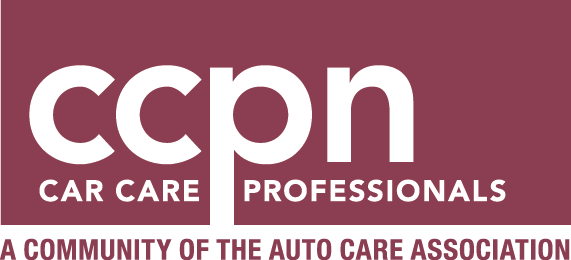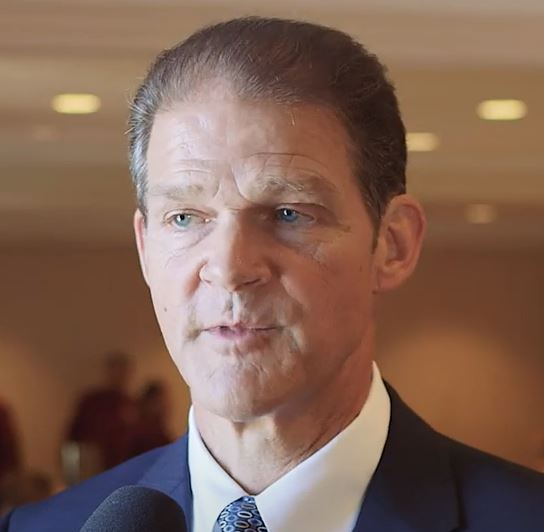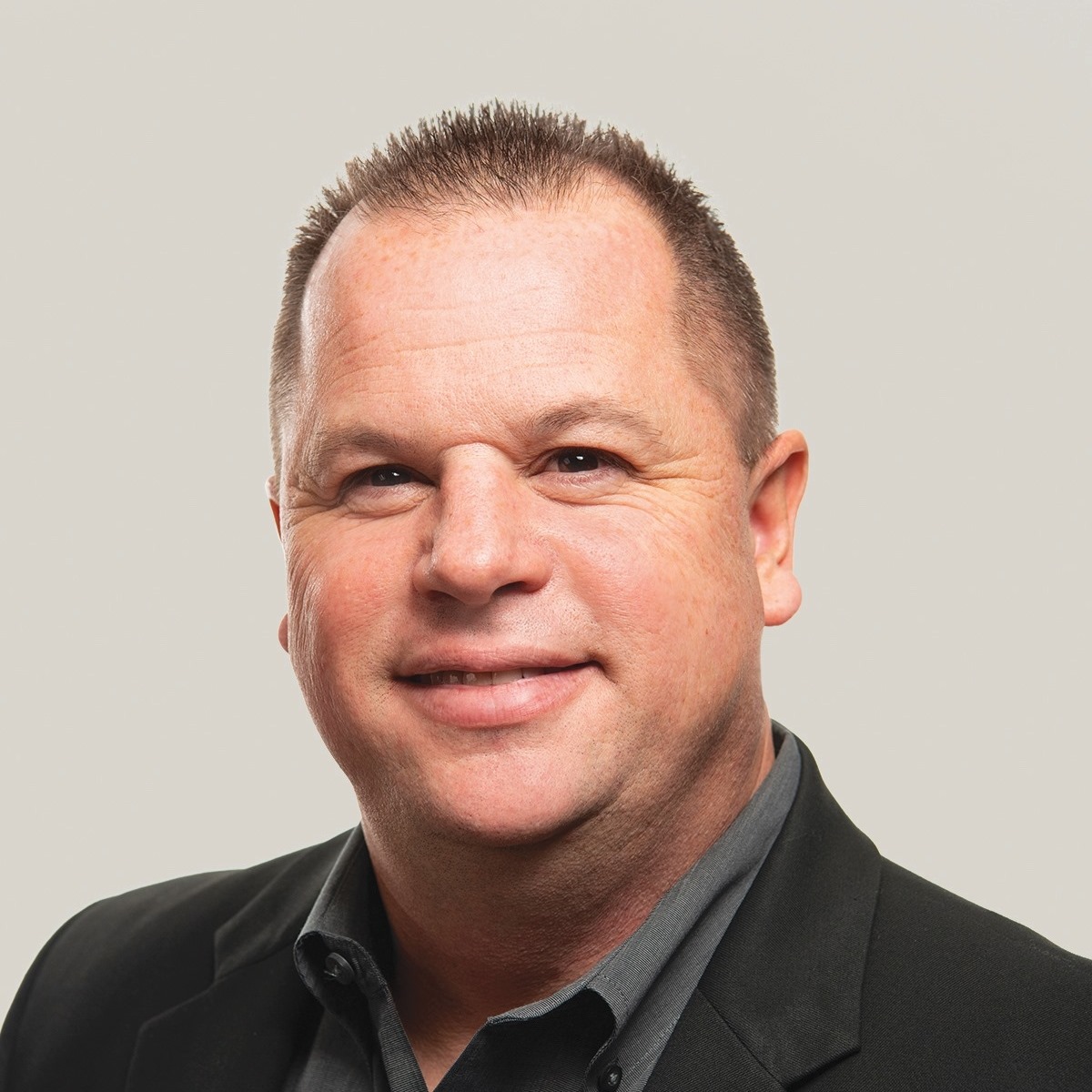

Car Care Professionals Network
The Car Care Professionals Network provides a structure to foster and promote communications between car care professionals and manufacturers, distributors, retailers and other members of the Auto Care Association.
Awards
World Class Technician Award
The Auto Care Association and the National Institute for Automotive Service Excellence (ASE) work together to recognize professional technicians who have tested and obtained ASE certification in 22 specialty areas.
Learn MoreWho are we?
CCPN is a committee of repair shop owners recruited by the Auto Care Association to serve in an advisory capacity.
CCPN Council
Legislators respond to constituents and want to hear from businesses in their communities. Auto Care helps me do that.
Doug Grills AutoStream Car Care
By serving the industry as a sounding board for professionals at all levels, CCPN strengthens and enhances our business mindset and provides unparalleled networking opportunities.
Dwayne Myers Dynamic Automotive

Why we’re with Auto Care: there is strength in numbers when promoting industry issues to government.
Jeff and Judy Walter Zimmerman's Automotive

Can't repair it? Report it!
Technicians and shop owners: Report issues with diagnosing or fixing vehicles in your service bays — help us fight for your right to repair.
Share Your Impact Story
CCPN Member Resources
CCPN Member Resources
Access the 2026 factbook
The award-winning Auto Care Factbook provides a comprehensive overview of the entire auto care industry.
Download
Upcoming events
-

Heavy Duty Aftermarket Week (HDAW) 2026
North America’s largest, most trusted gathering for the heavy duty aftermarket industry.






